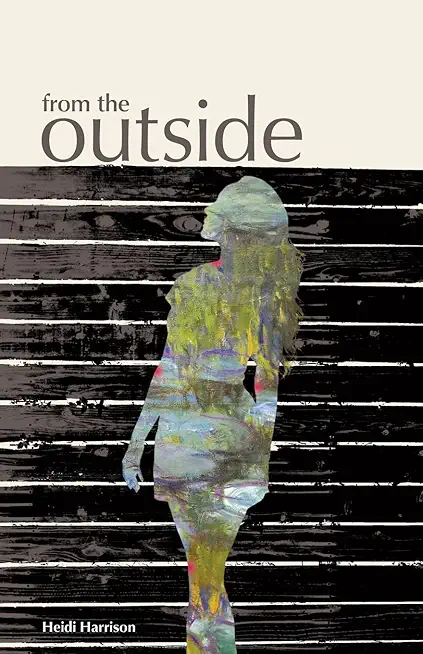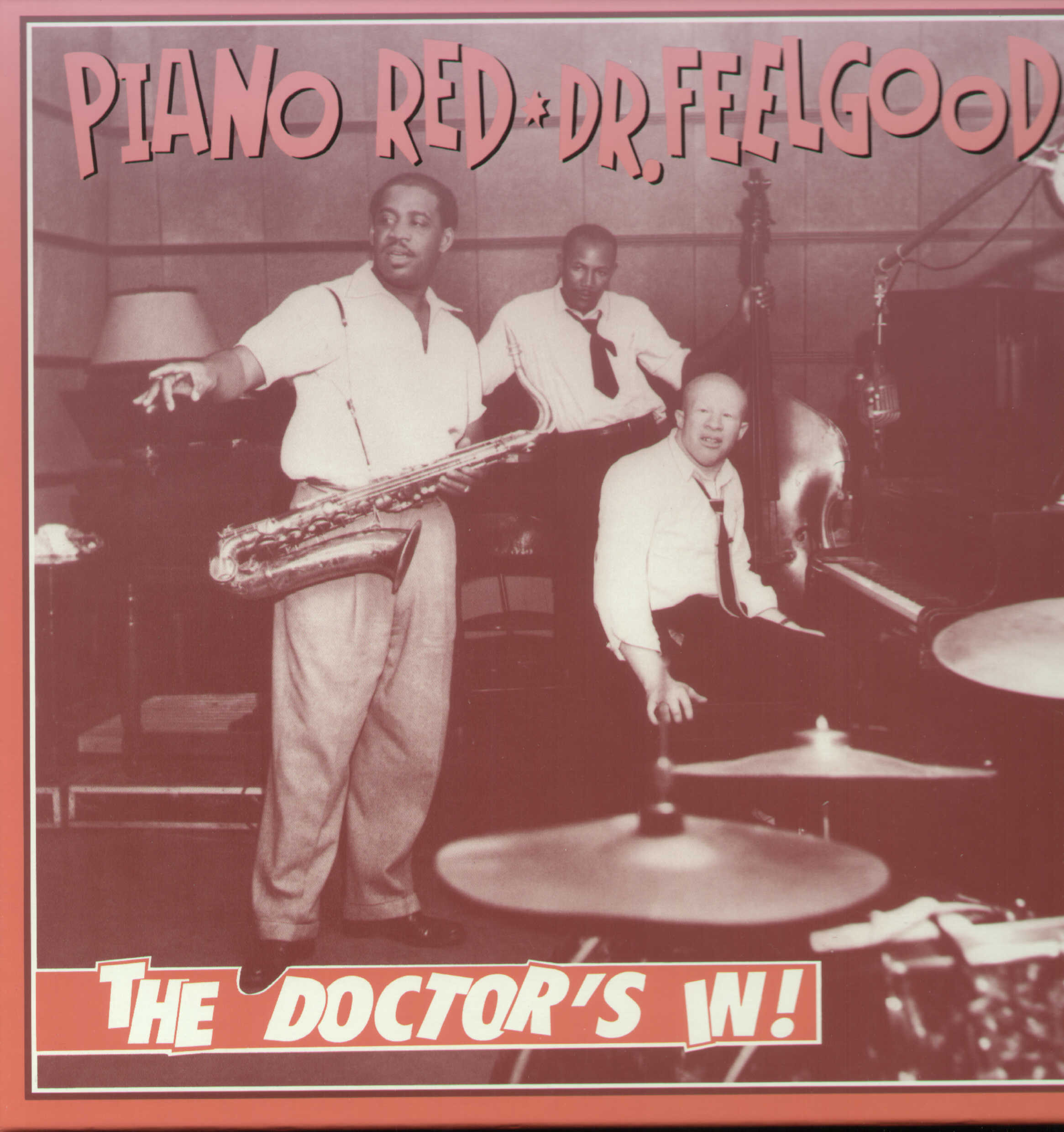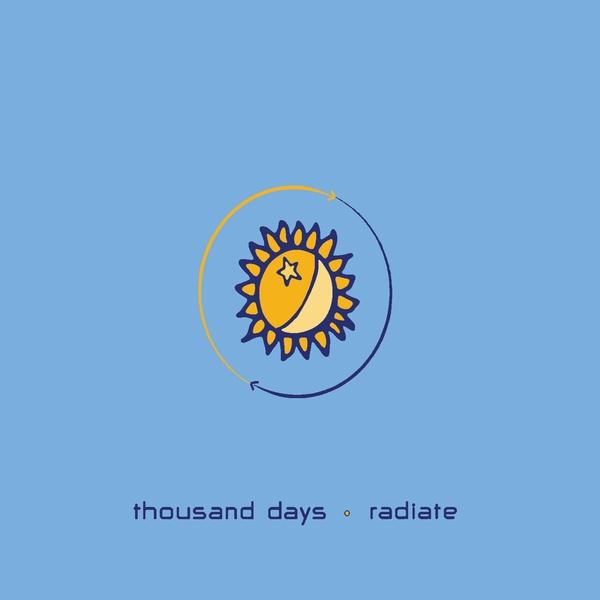
Helen, a middle-aged adult, immerses herself in the process of asking questions about her own identity, emotionally and physically challenging things about herself that have plagued her for decades. She is the naïve American who has grown up in a coveted bubble yet has felt the stings of the traumas of her family's, particularly her mother's, Holocaust history. Helen is the outsider who, one day later in life, has an experience that throws her off-guard, where she sees something that connects her to her past, something that is hideous, yet also intriguing. She yearns to know more and is immediately pulled into a story that has nothing to do with her, but everything to do with her. From this pivotal moment in her life, she yearns for healing, searching for tiny shoots of hope that can wash away the wounds that have blighted her family story.
Ewa, her mother, born in 1930 in Krakow, Poland, has tried to live a simple American life, one of untouched happiness, easy- to- assemble Hamburger Helper meals, and sparkling Christmas trees laden with lights, ornaments and presents. Her non-Jewish American husband, the knight in shining armor, takes her away from her past, the traumas of a coming-of-age refugee. However, she is riddled with suppressed emotion, but as a survivor, she expresses none of it. Dinner time stories are infused with her childhood experiences, yet they all contain Disney-like overtones, never revealing the horrors of war, beginning in Poland during the decade between her ninth and her nineteenth year of life.
Shortly after Hitler's army invades the Western region of Poland, Stalin's forces pound on the door in the Eastern section and force themselves into Helen's family's home, pushing everyone into cattle cars, turning them into prisoners, and sending them to the Siberian Gulag.
Barely surviving that nightmarish period of their lives, they, along with thousands of other Jewish and non-Jewish Polish refugees migrate amidst despicable conditions through Iran and into Tanzania, East Africa, to a British-run Polish refugee camp, where they are housed until the end of the war.
In this expertly crafted piece of historical fiction, Ms. Harrison takes the reader by the hand and lets them peek over the fence to witness the lives of a family who survives the atrocities of war yet cannot help but infuse the next generation with traumatic ramifications.
Helen came into this world as the fragile one, the one who cries, the one who holds the pen, the one who becomes the pallbearer of emotions. It is impossible to bury grief when one is in this place, and the work she must do is monumental to heal her own wounds from her family's past.







